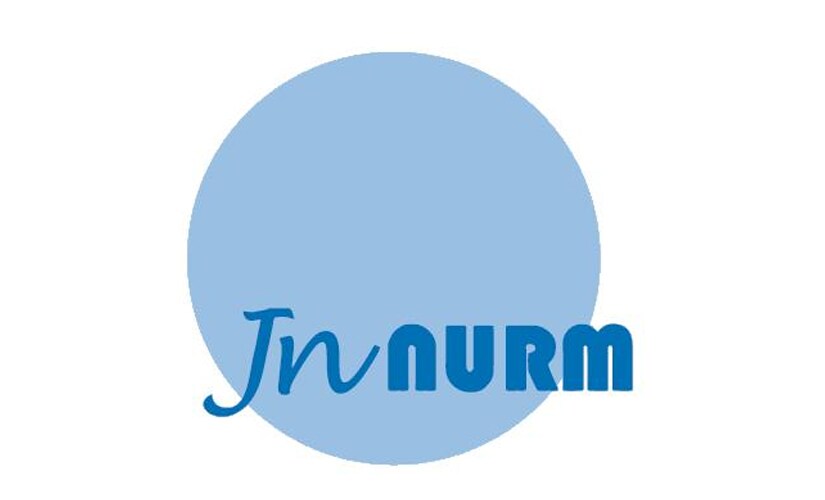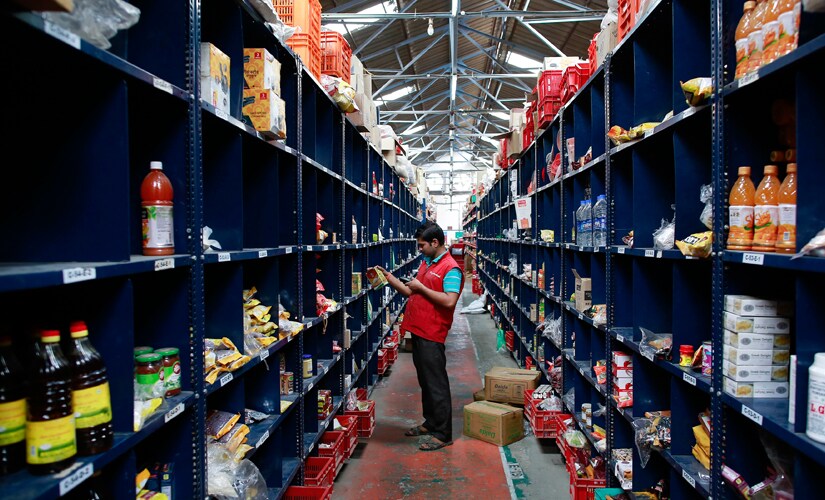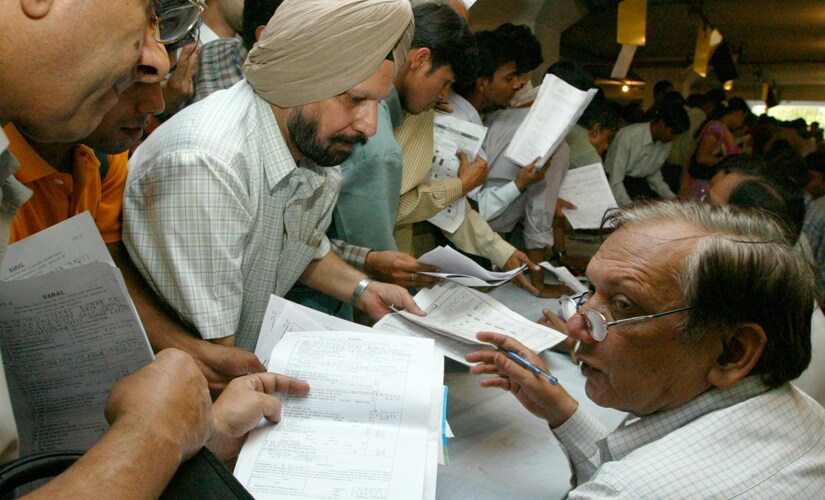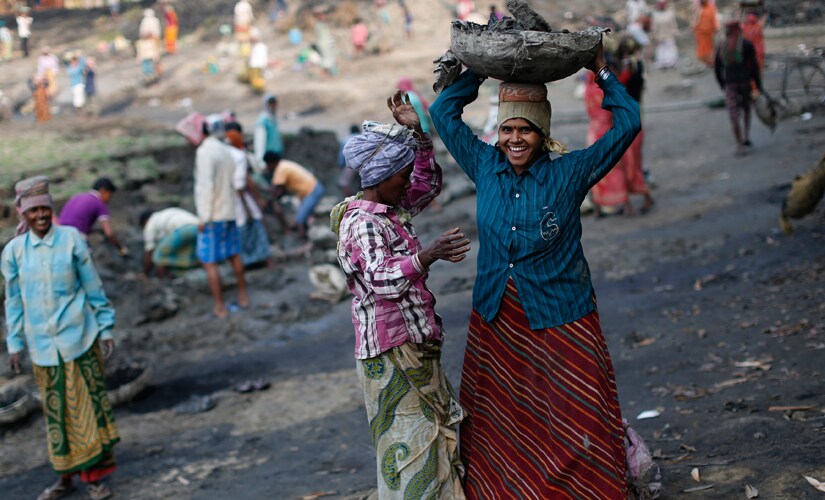In December 2014, a little over six months after Narendra Modi stormed to power, the Congress party released a booklet highlighting the ‘achievements’ of the NDA government - 6 Maheene Par, U-turn sarkar. The booklet offered a damning list of all the volte-face by the government right from its stance on black money to the insurance bill and MNREGA. While the Prime Minister and his cabinet colleagues may go on record terming the previous UPA government’s tenure as one of ‘crony capitalism’ and a period of economic gloom, the NDA government has, in fact, retained if not given a boost to several of the UPA’s economic and welfare policies. Here are some of the policies that the BJP had criticized and vehemently opposed when in opposition, but have now kept going and in some cases even boosted: Right to Food Act  The National Food Security Act that guarantees 67 percent of our population five kg of food grain per person per month at Rs 2 per kg was passed by the UPA-2 government in 2013 but has failed to be effectively implemented. Analysts were hopeful of the Modi government scrapping the scheme given that an entitlment-based approach would put immense pressure on the exchequer. However, the BJP government, it appears, is in no mood to replace the scheme and is looking at further expanding its reach so that it covers all sections of society. In his 28 February budget speech, Jaitley announced an allocation of Rs 65,000 crore for the implementation of the NFSA. “The focus of the government will be on providing food security to all. With huge stocks of grain in the country we want to increase monthly entitlement to 7 kg,” Food Minister Ram Vilas Paswan had said. JNNURM  The flagship urban development scheme of the UPA government has been tweaked and rechristened as AMRUT after Bharat Ratna and former PM Atal Bihari Vajpayee. The Atal Mission for Rejuvenation and Urban Transformation will have a total outlay of Rs 98,000 crore and each selected city will get central assistance of Rs 100 crore each year for five years. The new scheme comes after the extended tenure of JNNURM came to an end in 2014 and the UPA government failed to push through phase II, which reportedly had plans of creating two smart cities in each of the 28 states. Under AMRUT, the Modi government plans on creating at least one smart city in each state. Not to affect those projects already underway, the government has also approved central funding under AMRUT to those JNNURM projects that have been sanctioned but are not completed. “JNNURM projects sanctioned during 2005-2012 and which have achieved physical progress of 50 percent availing 50 percent of central assistance released and those sanctioned during 2012-2014 will be supported till March 2017,” the government had said. 51 percent FDI in retail  In September 2012, when the UPA government announced 51 percent FDI in retail, the BJP called for a nation-wide bandh opposing the supposedly anti-retail move. BJP-ruled states announced that it would not implement the scheme. Then BJP president Nitin Gadkari had said: “We want to say FDI in retail will hurt the livelihood of the small trader.We will not allow FDI in multi-brand retail to come to India… This decision has been taken under foreign pressure.The UPA government seems to be more concerned about the fate of Walmart. The Congress hand is not with the common man but is aimed at him.” Moreover, when the BJP government completed 100 days in power, Commerce Minister Nirmala Sitharaman told reporters “We are clear that FDI will not be allowed in multi-brand retail trade….There is no ambiguity. There is no confusion on this.” However, almost a year into office, the Modi government announced earlier this month that the UPA government’s policy will be left untouched. A 119-page Compendium, which came into effect on 13 May, mentions all existing FDI policy decisions as well as changes made over the past year. These include changes in the FDI cap in defence and insurance sectors, where limits have been hiked to 49 percent from 26 percent earlier. GST Bill  Another legislation that the Modi government has left largely untouched is the Goods and Services Tax. In 2011, BJP ruled states including Gujarat, which was then under Modi, vehemently opposed the tax reform. Former Union Minister Jairam Ramesh had in 2013 accused Modi of being the one-man in the BJP disrupting the bill despite several of his own party leaders including Sushil Modi, Yashwant Sinha and Sushma Swaraj backing it. However, now in power, and under pressure to raise revenue after setting itself a fiscal deficit target of 3.9 percent of GDP, the ruling BJP claims the “PM is only executing a plan that the previous government failed to do”. The Lok Sabha passed the GST Bill with Finance Minister Arun Jaitley assuring state governments that the Centre will compensate any tax loss suffered by them over the next five years. The Congress, though, continues to demand that the bill be referred to a standing committee. MNREGA  Despite Prime Minister Narendra Modi’s criticism of the UPA government’s most popular welfare scheme, his government has decided to not just continue with the scheme, but Finance Minister Arun Jaitley in his budget allocation gave the scheme a marginal hike from Rs 34,000 crore to Rs 34,699 crore and hinted at another Rs 500 crore if there is tax buoyancy. Soon after taking office, the NDA government had faced criticism from Opposition parties as well as activists alleging that the government was trying to dilute the act by squeezing funds allocated to it. In February, Prime Minister Narendra Modi took a dig at the Congress saying he will never let the scheme die as it was a ’living reminder’ of that party’s failure. “I will ensure MNREGA is never discontinued. It is proof of your failings. After so many years of being in power, all you were able to deliver is for a poor man to dig ditches a few days a month,” Modi said in Parliament.
Here are some of the policies that the BJP had criticized and vehemently opposed when in opposition, but have now implemented.
Advertisement
End of Article


)
)
)
)
)
)
)
)
)



